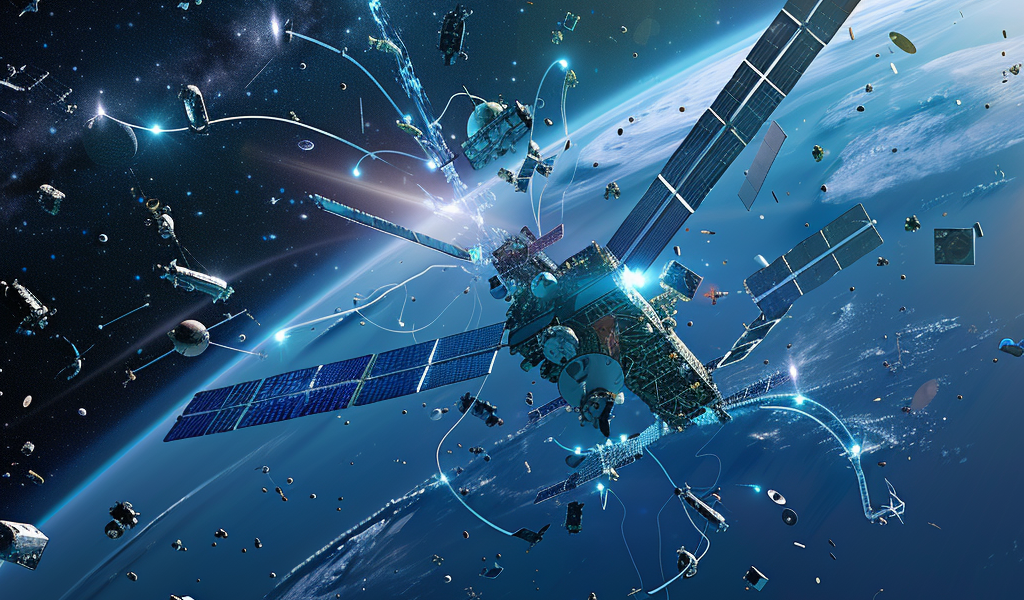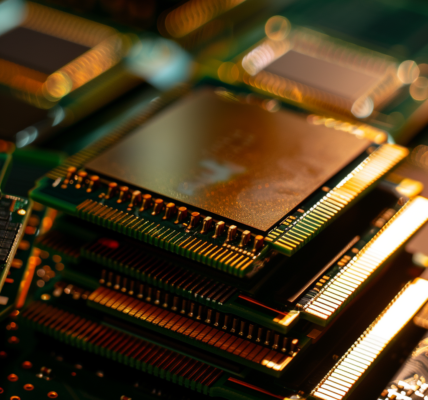The Future of Space Exploration Relies on Emerging Technologies
In a recent white paper released by Forecast International, it is argued that the future of space exploration will heavily depend on innovative capabilities promoting reusability, safety, and longevity. The paper emphasizes the need for technological developments to mitigate space debris, refuel satellites, and reuse rockets, stating that these factors will be critical to long-term space operations.
While various efforts have been made by the space industry and global governments to address these issues, the report emphasizes the necessity for further technological advancements in these areas. For instance, SpaceX’s Falcon 9 incorporates a partially reusable rocket, but the report suggests that more sustainable approaches are required for placing objects in orbit.
The growing concern over space debris in low-Earth orbit, with approximately 25,000 objects larger than 10 centimeters, has prompted the need for measures to prevent collisions with satellites and other spacecraft. Although some governing bodies have implemented ‘deorbiting guidelines’ for decommissioning satellites after a certain period, the absence of international policies poses a risk to future space missions.
The paper also highlights emerging debris management technologies, such as the use of lasers to alter the path of space junk and controlled systems for adjusting orbits to concentrate debris falloff in specific areas. These advancements are crucial in addressing the increasing challenge of space debris.





